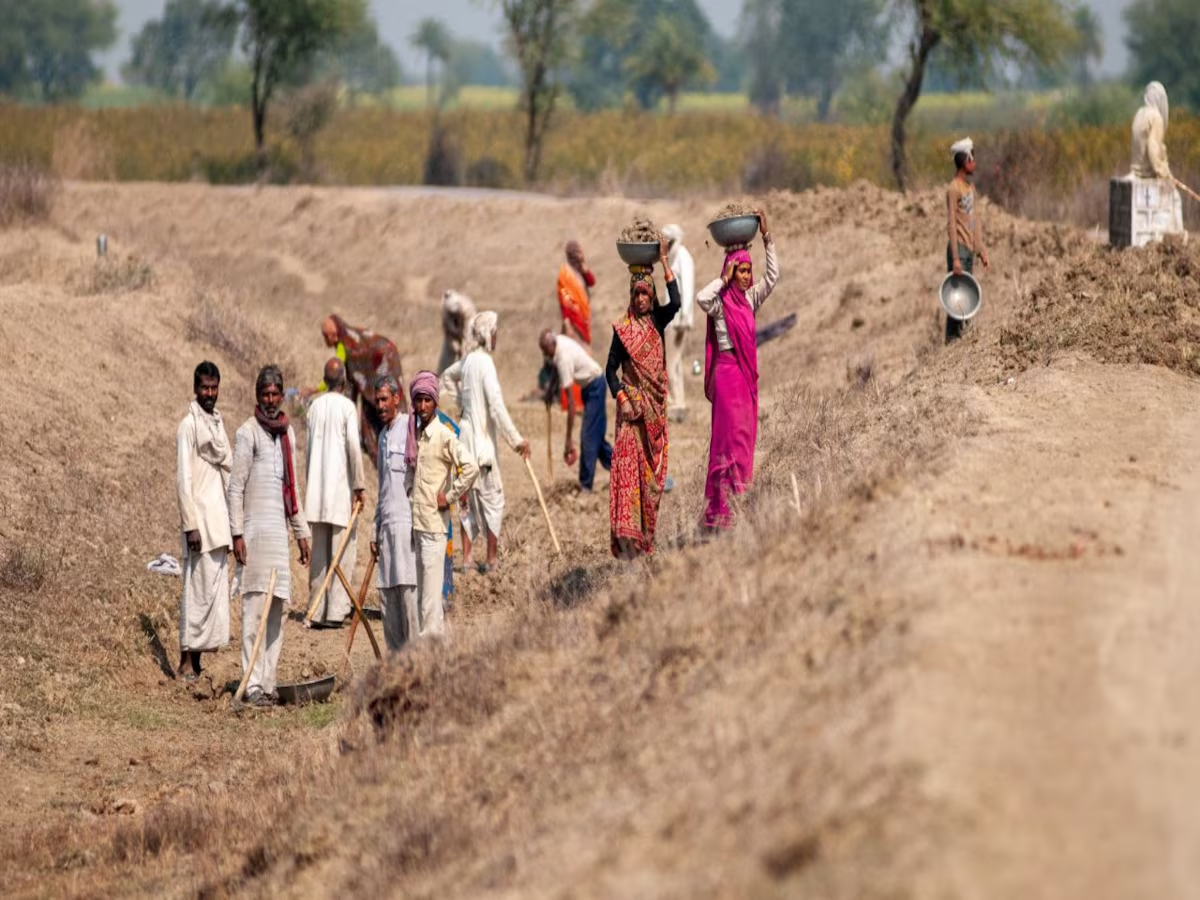- Courses
- GS Full Course 1 Year
- GS Full Course 2 Year
- GS Full Course 3 Year
- GS Full Course Till Selection
- Online Program
- GS Recorded Course
- NCERT (Recorded 500+ Hours)
- Polity Recorded Course
- Geography Recorded Course
- Economy Recorded Course
- AMAC Recorded Course
- Modern India, Post Independence & World History
- Environment Recoded Course
- Governance Recoded Course
- Science & Tech. Recoded Course
- International Relations and Internal Security Recorded Course
- Disaster Management Module Course
- Ethics Recoded Course
- Essay Recoded Course
- Current Affairs Recoded Course
- CSAT
- 5 LAYERED ARJUNA Mentorship
- Public Administration Optional
- ABOUT US
- OUR TOPPERS
- TEST SERIES
- FREE STUDY MATERIAL
- VIDEOS
- CONTACT US
Ethics of Punishment
Ethics of Punishment
29-06-2024
- The legal system is seen as unfair to the poor and marginalized who often can't afford legal representation.
- Data shows a higher number of undertrial prisoners come from Scheduled Castes (SC) and Scheduled Tribes (ST) communities.
- Corruption in the legal system means that sometimes people who are supposed to uphold justice take bribes or do unethical things.
- This can lead to cases not being handled fairly or quickly, which affects how justice is delivered to people.
- In India, cultural norms sometimes prioritize reconciliation and forgiveness over strict punishment for offenders, reflecting values of tolerance and compassion.
- But this approach can lead to challenges in maintaining social order when offenders are not held fully accountable, potentially undermining deterrence and public trust in the justice system.
- In some legal systems, sentencing lacks clear rules or guidelines for judges to follow when deciding how to punish someone for committing a crime.
- This can result in different judges giving different punishments for the same crime, which may seem unfair or inconsistent to people.
- Debates surrounding the death penalty often focus on fundamental issues such as whether it respects the right to life, whether it evokes empathy for those facing execution, and the moral values society upholds regarding the taking of human life as a form of punishment.
- These discussions delve into ethical dilemmas and societal values regarding justice and human rights.
- Custodial torture refers to the physical or psychological abuse inflicted on individuals who are detained by law enforcement or awaiting trial. It violates the fundamental principle that individuals are presumed innocent until proven guilty in a court of law.
- Such acts of torture undermine the right to dignity of the accused, as they are subjected to mistreatment while under the custody of authorities.
- The disparity in punishments for different offences under Indian law, can sometimes appear arbitrary or disproportionate.
- In India, the offence of assault or using criminal force can result in a relatively short prison term, typically around three months.
- On the other hand, the offence of flying a kite dangerously can lead to a much longer prison term, up to two years.
Punishment is the last and least effective instrument in the hands of the legislature for the prevention of crime - John Ruskin
What could be done?
- A clear sentencing policy is essential to ensure consistency and fairness in how punishments are determined for crimes.
- The Supreme Court has emphasized that judges should not have unrestricted discretion in sentencing but should follow guidelines to ensure that sentences are based on established legal principles and societal norms, rather than solely on personal judgment.
- Justified punishment means showing that a crime deserves a punishment that's fair and necessary.
- It involves deciding if the benefits of giving a punishment, like keeping society safe, are more important than any negative effects it might have, such as the impact on the offender's life and future opportunities.
- Ensuring that punishments are fair and balanced about the severity of the crime committed. For example, minor offences should not result in disproportionately harsh penalties.
- Establishing uniform guidelines so that similar crimes receive similar punishments across different cases and jurisdictions. This helps in promoting fairness and predictability in the legal system.
- Before passing laws, it's important to assess whether they can be effectively enforced and implemented in real-life situations.
- Lawmakers should evaluate how new laws will affect people and society to ensure they are fair and reasonable and achieve their intended goals while avoiding unintended negative consequences.
- Rehabilitation aims to address the root causes of criminal behaviour and help offenders reintegrate into society.
By focusing on education, therapy, and skills training, rehabilitation seeks to reduce offence rates and offer offenders a chance to lead law-abiding lives after serving their sentences.



